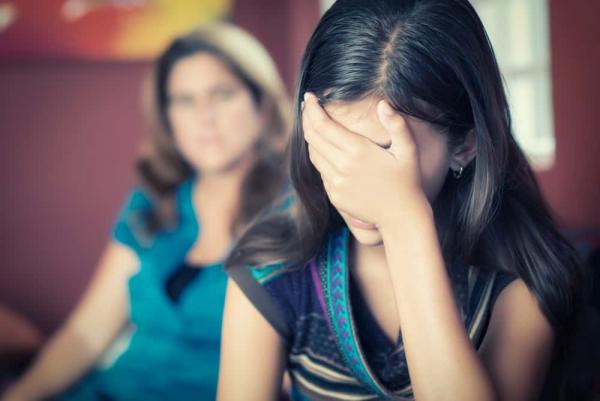
Once your child gets to be a certain age, he or she will likely be exposed to drugs, including alcohol, tobacco, street drugs like ecstasy, or even prescription drugs pilfered from friends' family members' medicine cabinets. If you think your child is too young or too well-behaved to use drugs, think again. Many kids are introduced to drugs like marijuana before age 13, and even "good kids" often experiment at this vulnerable age.
While there is no surefire way to prevent your child from using drugs, there are certain things you can do to greatly reduce the likelihood of this happening. Read on to understand why your actions as a parent make a big difference in whether your child uses drugs, and learn the specific things you can do to keep your kids drug-free.
The influence of good parenting
According to the National Crime Prevention Council (NCPC), the main reason kids don't use drugs is because of the positive influence of their parents. This means that when children have a close, loving bond with their parents, and understand the expectations their parents have of them, they are much less likely to use drugs.
How parents can prevent teen drug use
There are specific things you can do as a parent to drastically reduce the chance that your child will try or abuse drugs. Follow these four guidelines to provide the positive parental influence your children need in order to resist dangerous substances.
1. Form strong bonds with your kids
When you stay involved in your child's life, you can exert a strong positive influence that helps guide him or her. Even in difficult times, like adolescence, when your child may push you away, they still need you - more than ever, in fact.
Strong parent-child bonds are built by:
-
Communicating with your child every day
-
Getting to know their friends
-
Getting involved in their school and extracurricular activities
-
Listening to their problems and concerns, non-judgmentally
-
Taking interest in the things your child likes
Relationship-building can be hard work, but the closer bond you have with your child, the more influence you will have over his or her choices.
2. Set clear, fair rules and enforce them consistently
Children and teens thrive in a structured environment. From a young age, it's important for parents to set rules for their children to follow, and to enforce appropriate consequences when these rules are broken.
It's good to find a middle ground where your child has boundaries, but those boundaries must be fair and appropriate. When there are no rules, your child may "like" you, but lack the structure he or she needs to succeed. And on the other side, when rules are ridiculously strict, teens are more likely to rebel against them. Research shows that when parents set very harsh rules or no rules at all, their children are more likely to try drugs.
Avoid humiliating punishments, such as public shaming; shaming can lead to depression and low self-esteem, which can actually trigger drug use in vulnerable individuals.
3. Be a good role model
If you want to prevent your kids from using drugs, it is essential that you set a good example with your own behavior. While you might think this goes without saying, many parents follow the "Do as I say, not as I do" style of parenting, where kids are expected to follow rules - such as not drinking alcohol - that the parents themselves do not follow. Unfortunately, such expectations are simply not realistic, as children and young adults will naturally want to emulate their parents.
If you do use alcohol or recreational drugs, be sure to never use them around your children. However, you should keep in mind that even if kids aren't directly exposed to your substance use, they may still be aware of your use and be negatively affected by it.
4. Communicate the dangers of drug use
Once your children are old enough to understand, you need to tell them about the risks of using drugs or alcohol. While you shouldn't exaggerate the facts, it's OK to tell your middle-school aged child some scary truths, like the fact that someone can die from drinking too much alcohol. You might assume that your child already knows that drugs are dangerous, but if you're not the one to tell him, he may never get this education, or will receive misinformation from his peers instead.
So what should you tell them, in particular? If your child is of driving age or has friends who are, it's especially important to make sure she knows the dangers of driving under the influence of drugs or alcohol. Additionally, your adolescents should know that they are more likely to be sexually assaulted when they use drugs or alcohol.
Don't rely solely on your own experiences when communicating the risks of drug use; you need to educate yourself first if you want to be able to educate your children. The Parent Toolkit available at drugfree.org has some very useful information for parents, grandparents and guardians to keep kids drug-free.
Share This Information!
If you found this post helpful, we urge you to please share this information with friends and family on social media. It's not just you, but also your kids' friends' parents who need to be following these guidelines. It's true that it "takes a village" to raise children, and when your "village" is educated on how to stop kids from using drugs, this creates a safer environment for your children. So, be sure to share this post on Facebook or wherever else other parents might see it!

